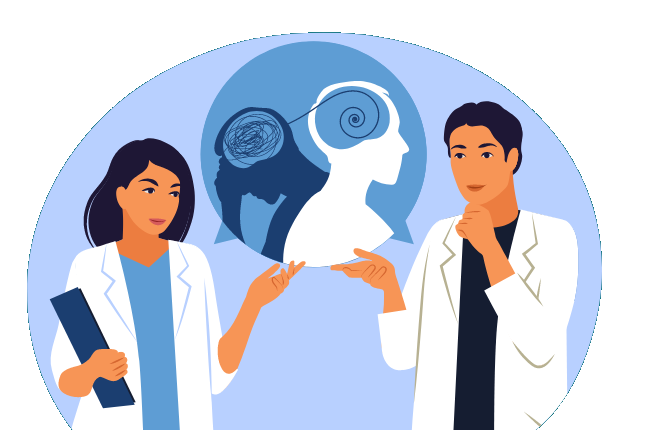WELCOME TO
Indian Counselling Services

The world's largest faculty of Psychology
- Awarded for excellence in psychology education by the legendary Sunil Gavaskar




- Our Practical Psychology Program
"Explore Us - Must-Watch Insights!"
Accessible Courses for all
INDIAN COUNSELLING SERVICES blends quality and accessibility. Our mission is to increase access to high-quality education by offering our programs fully customizable learning opportunities at competitive costs.
Easy financing options
Sources of Counseling Services in India Indian Counseling Services helps ease the stress associated with your educational path by providing scholarships and transparent 0% financing options. with the unwavering advice and assistance of our financial assistance specialists.
Why join ICS?
State-of-the-art online education
For today’s worldwide learners, ICS has created a dynamic, interactive psychological learning environment thanks to its extensive and thorough expertise in online learning. Our courses are exclusively intended for students from India and other countries, with an emphasis on providing them with both domestic and international capabilities.
Academic Excellence
ICS provides excellent instruction straight to your door. Our online classes follow the same stringent rules and demanding requirements as their on-campus equivalents. In addition to having an RCI license and extensive practical expertise, our teaching members are passionate about using cutting edge online learning techniques. They oversee our online programs for students from different nations, including India.
Adaptability (Active Learners’ Timetabling)
Our students can balance their degrees with employment, family responsibilities, friendships, and personal interests because of a unique virtual classroom that allows them to learn on their own terms without giving up on their personal or professional duties.
We respect and value the unique learning preferences of each student and allow them to pursue their education independently. With our flexible scheduling options and round-the-clock access to your classrooms, you can effortlessly balance the demands of a busy life with the creation of a comprehensive study plan that fits into your daily routine.
950 + Active Members
34 + RCI Trainers
11 + Courses offered
9000 + Happy Clients
Google Reviews

Download Our Mobile App
Our app will provide you with access to the best of practical psychology learning. This will include helpful articles, videos, and infographics. The app is available for both Android and iOS users, so download it today!













